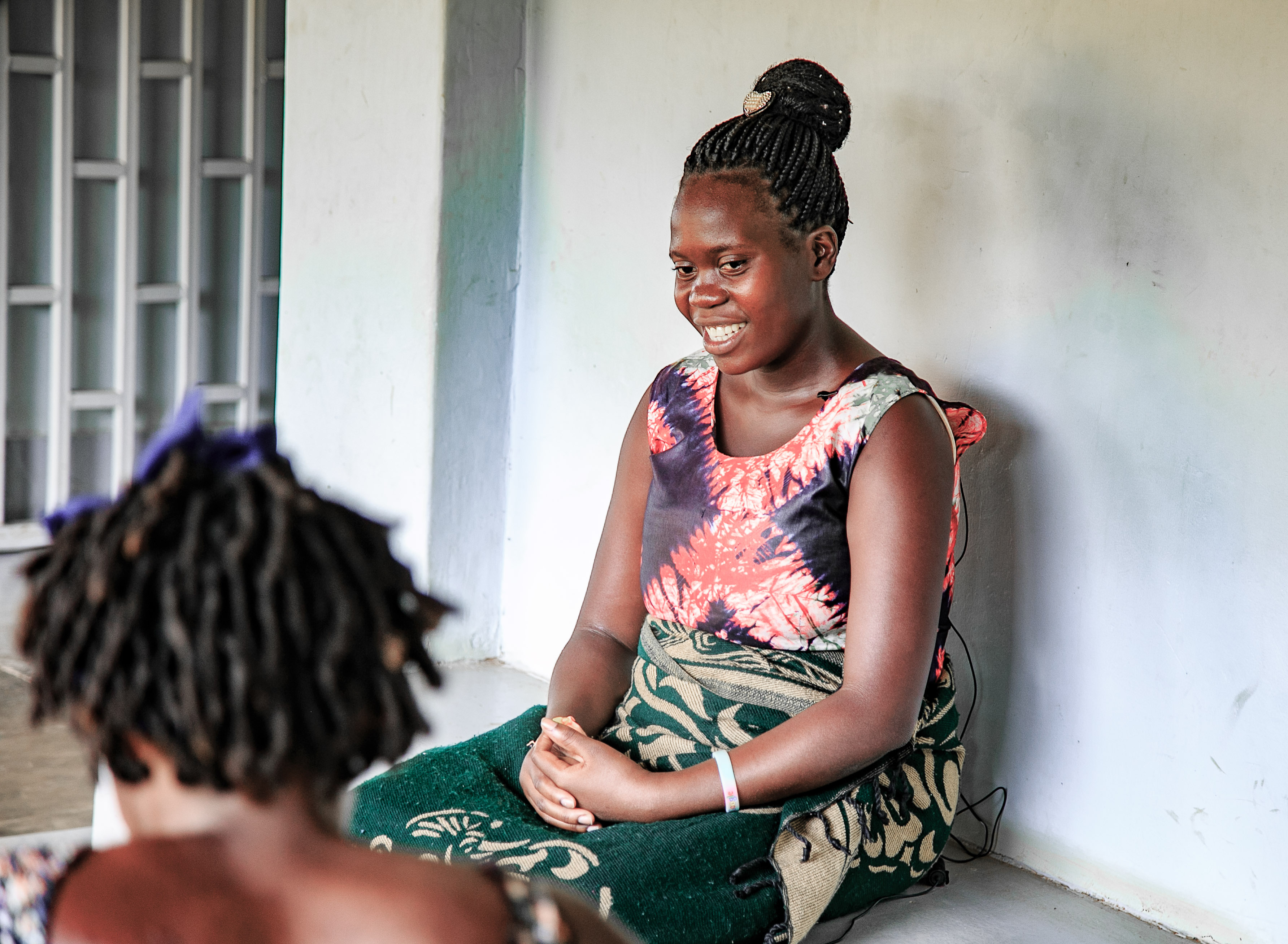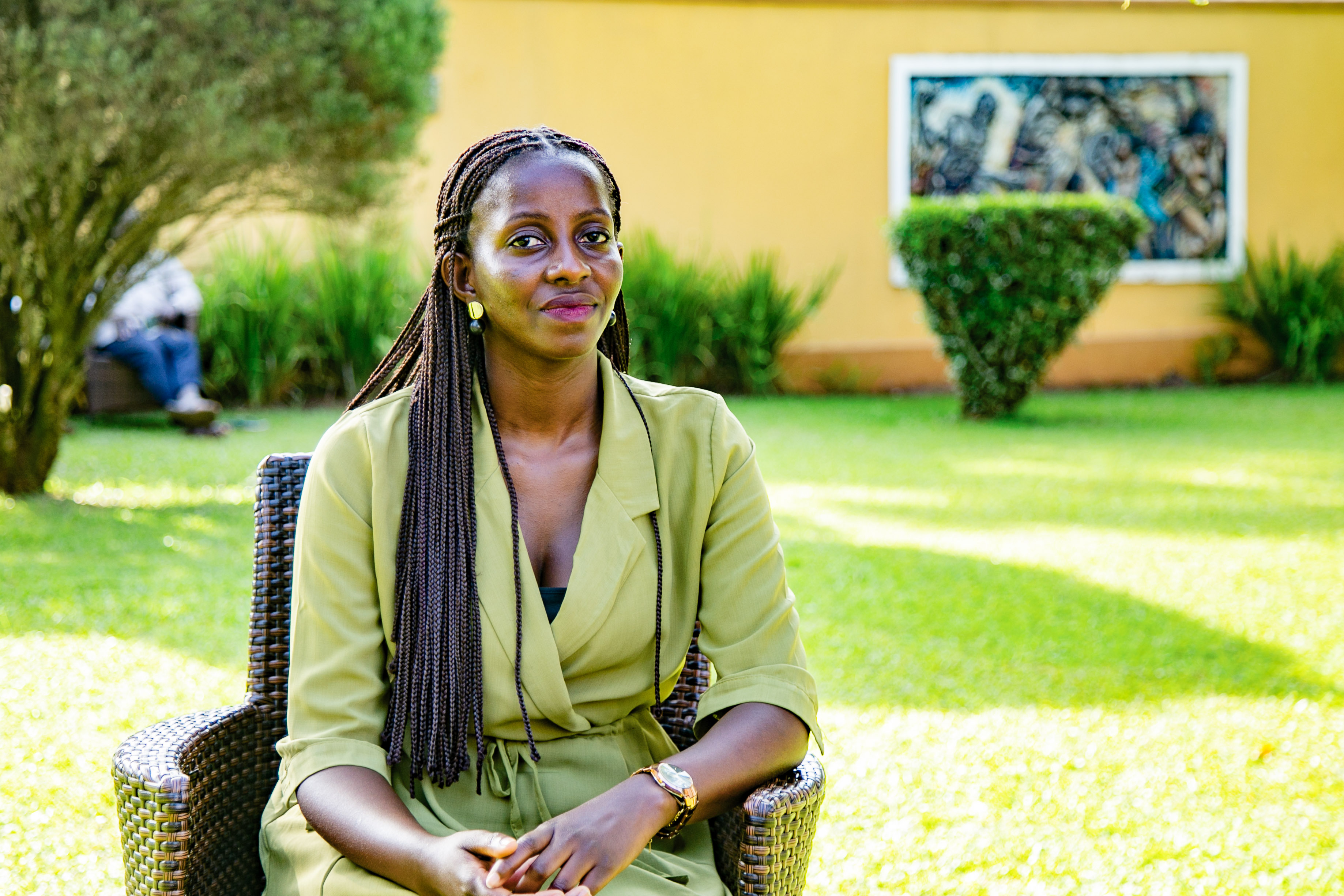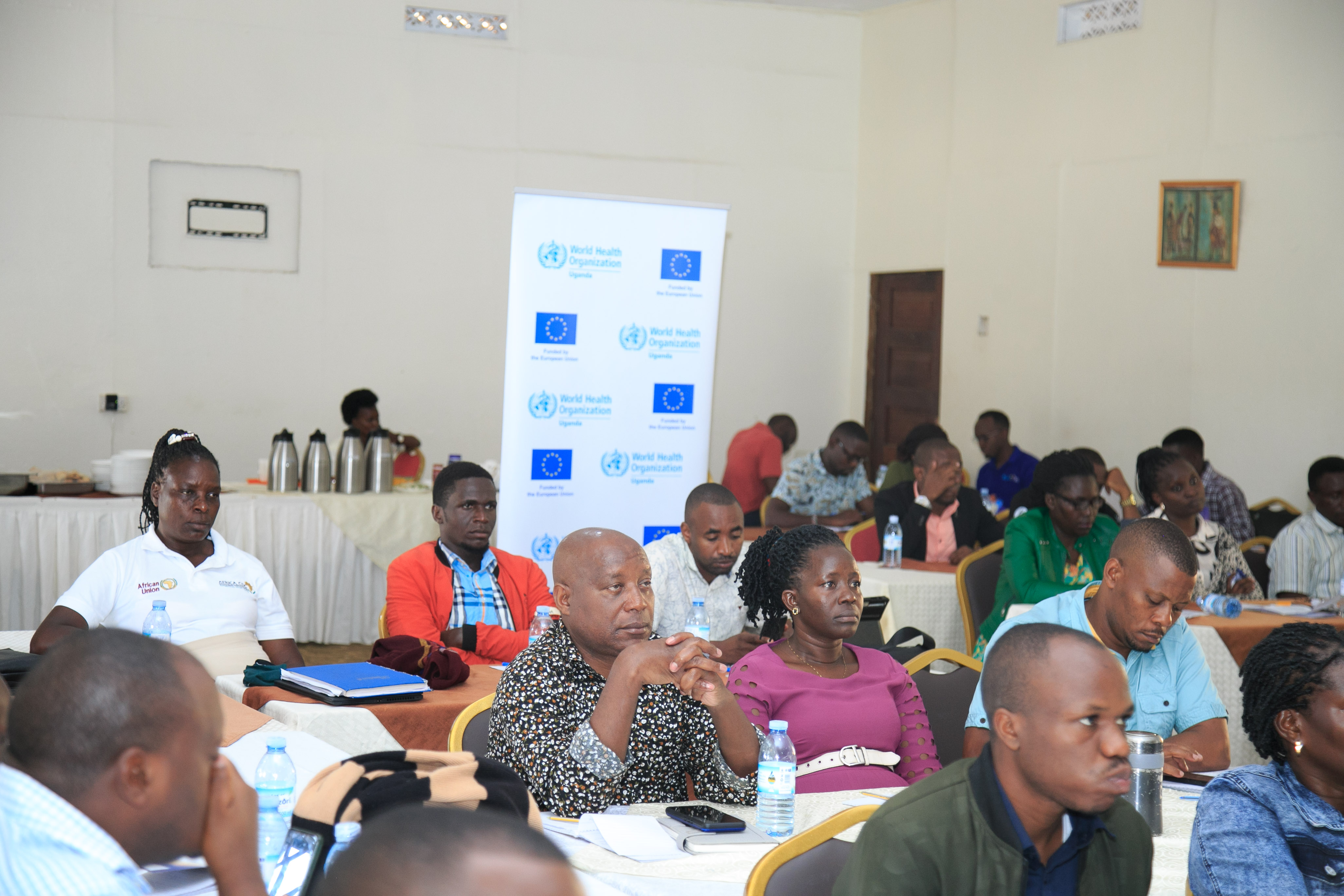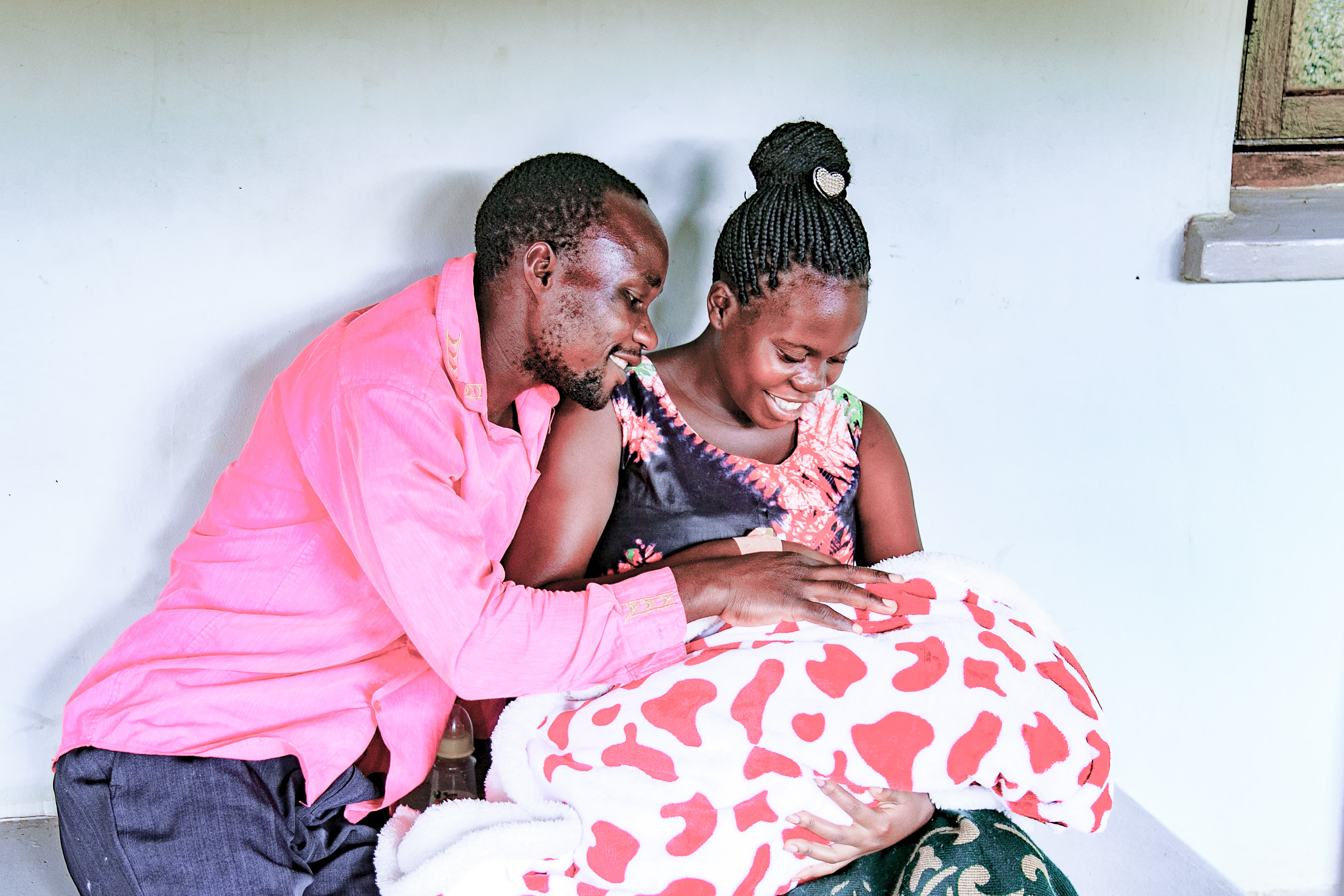Kampala - Nabalamu Specious is a survivor of the 2022 Sudan Ebola virus disease Outbreak in Uganda. She contracted the disease while her husband was admitted to the hospital, she offered another patient a drink of water and wiped his sweat. This patient later died of Ebola virus disease (EVD).
“When I contracted the Ebola virus disease, I was very ill, I experienced physical pain and mental distress. It caused me to have a miscarriage", she narrated.

In September 2022, Uganda declared an outbreak of Sudan Ebolavirus disease. With swift resource mobilization and partners’ support to the Ministry of Health, health authorities achieved the end of disease transmission in a record time of 69 days and declared the end of the outbreak in 111 days. Of the 142 cases confirmed, 87 survived.
However, the management of Ebola patients doesn’t end after discharge from Ebola Treatment Unit (ETU). According to Dr. Kisaamo Amanda, a Medical Officer in the National Ebola Survivor’s program, there are spots in the body where the virus can find sanctuary and continue to exist even after someone is healed.
“The virus can persist in a survivor’s semen, brain, spinal cord, eyes, and breast milk, hence there is a chance of recrudescence after discharge,” Dr Kisaamo stated.
In Nabalamu’s case, for instance, a few weeks after discharge from the Entebbe ETU, she reported persistent symptoms of body weakness, headache, and fever that would not decrease with treatment. “We suspected her of possible recrudescence, fortunately, her results turned negative after a full investigation,” Dr Kisaamo explained.

To prevent disease recurrence and ensure optimal clinical, mental health, and psychosocial support to Ebola survivors, the Ministry of Health with support from partners set up the National Ebola Survivors Program in November 2023.
The Survivors program is built around key connected approaches: clinical care, Coordination and management, Care Structure, and referral pathways. Three survivors’ clinics were set up in the Mubende, Kassanda, and Wakiso districts.
The World Health Organization (WHO), through funding from the European Union Humanitarian Aid Department (ECHO), has supported this program since its inception. The organization has provided clinical support, interim public health staff to run clinics, and a range of medicines to manage the after-effects of Ebola. It also supported infection control assessments and mentoring and facilitated specialist involvement in the survivor clinics. Specialists included obstetricians, gynaecologists, medical doctors, ophthalmologists, psychiatrists, surgeons, physiotherapists, pediatricians, and ear, nose, and throat specialists.
“Through this Ebola Survivors program, we aim to gather more scientific evidence for better management of survivors in future outbreaks,” declared Dr Yonas Tegegn Woldemariam, WHO Representative to Uganda.

Thanks to the psychosocial support provided by the program, Nabalamu was able to overcome the distress she felt while waiting for a child. “After six months of trying to conceive, when I left the hospital, I was depressed, thinking that I would never have a child,” she admitted. “Every time I would visit the doctor at the survivor’s clinic, they would assure me and encourage me to be patient,” she added.
A few months later, when Nabalamu conceived, the survivor program ensured that she received a full package of antenatal care. She also took part in a training course for maternal caregivers in Mpigi district, where she lives.

In addition to periodic check-ins, access to medication, personal visits by healthcare workers, clinical support, and transport to attend hospital visits, Nabalamu has gotten information from the survivor’s program which has helped her to overcome some challenges related to community reintegration. She has become a reliable source of information within her community.
“I discuss with my friends and neighbours the signs and symptoms of Ebola, as well as preventive measures,” she said.
Today, while carrying on with her work as a hairdresser, Nabalamu and her husband Shakur live a happy life with their daughter, named Shakira, which means Grateful.
Communications Officer
WHO Uganda
Email: tcheutchouae [at] who.int (tcheutchouae[at]who[dot]int)
Communications Associate
WHO Uganda Country Office
Email: afwcougcom [at] who.int (afwcougcom[at]who[dot]int)
Phone: +256740487734


